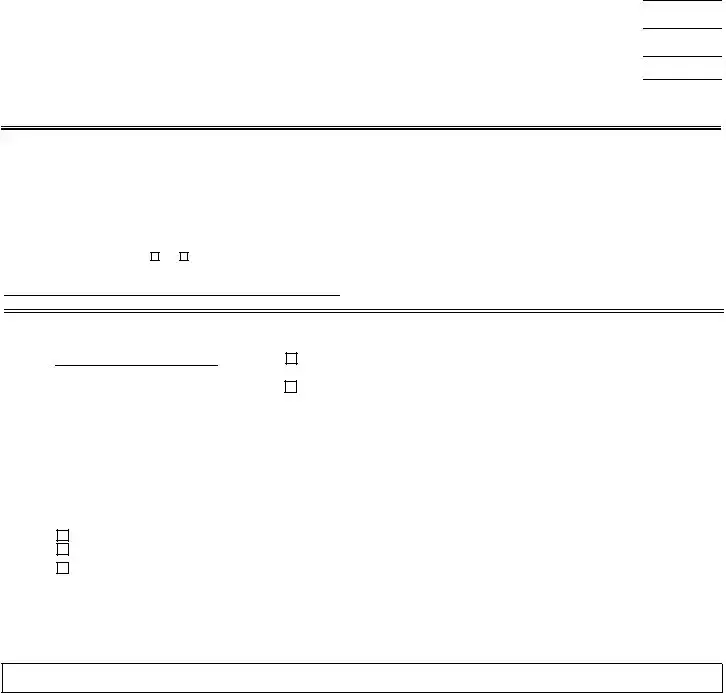Blank North Carolina 62 PDF Form
The North Carolina 62 form is a crucial document within the Workers' Compensation framework, specifically designed for the notification process regarding the reinstatement or modification of compensation. Mandated by the Workers' Compensation Act under General Statutes §97-32.1 and §97-18(b), this form serves as the main communication tool between employers or carriers/administrators and the North Carolina Industrial Commission. It details vital information such as the employee's name, average weekly wage, and the reason for the compensation's reinstatement or modification.
Modify North Carolina 62 Online
Blank North Carolina 62 PDF Form
Modify North Carolina 62 Online
Modify North Carolina 62 Online
or
↓ North Carolina 62 PDF
Finish your form while it’s open
Finish North Carolina 62 online using simple edit, save, and download steps.
